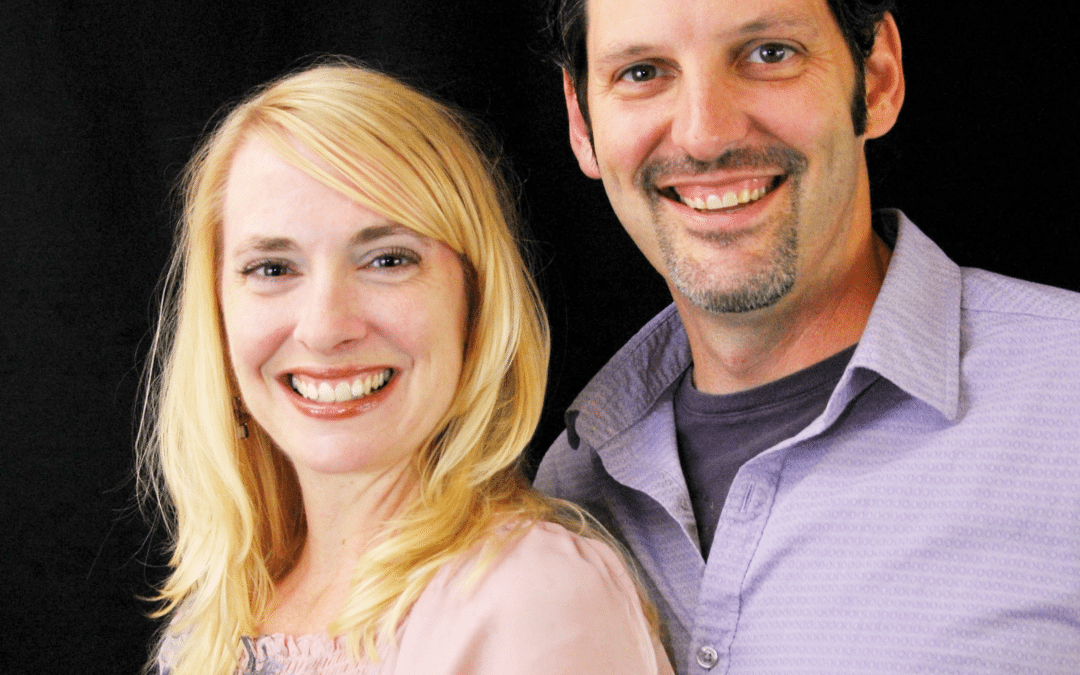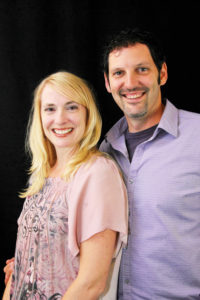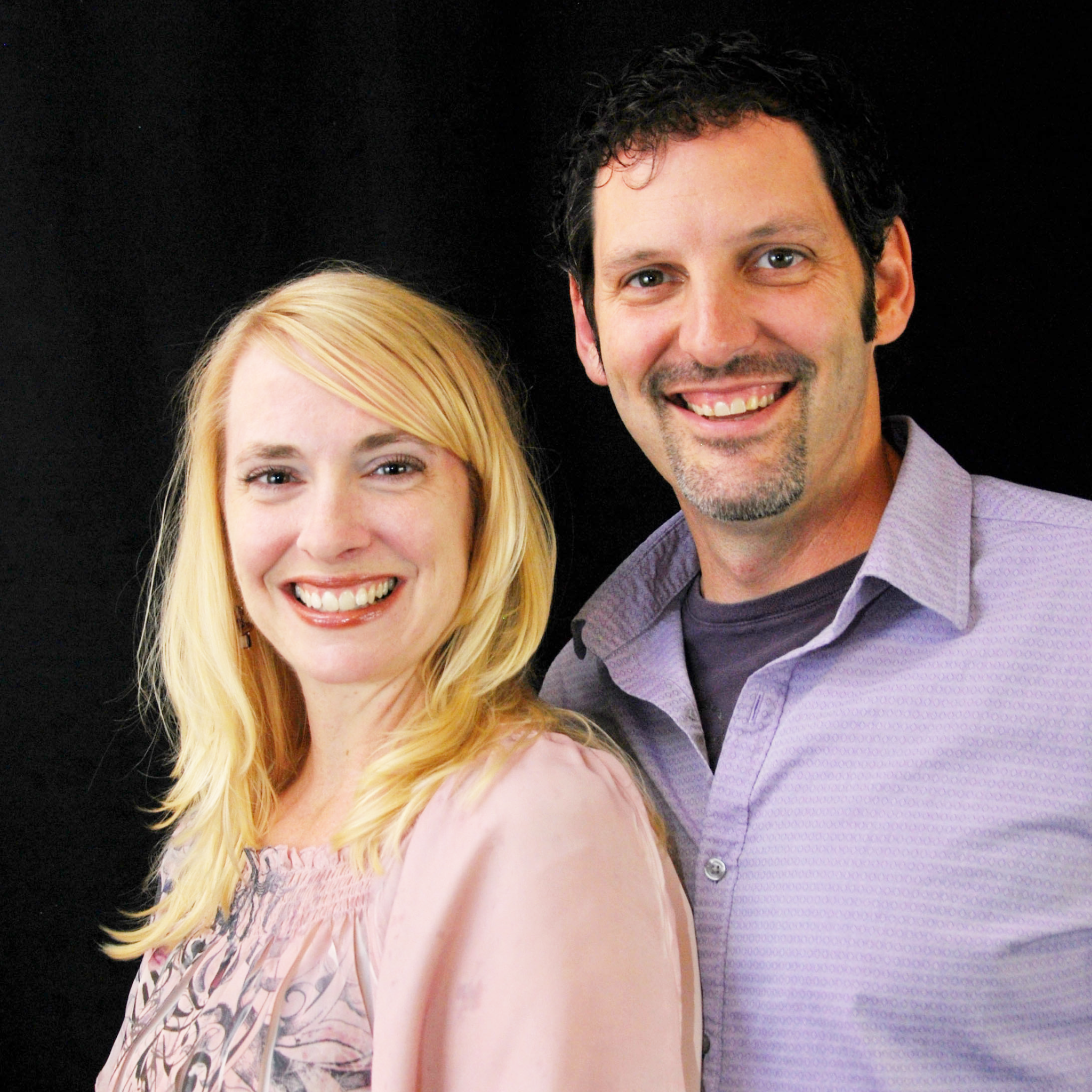
Pastor Paul Scheperle: Part 2
blog
Pastor Paul Scheperle: Part 2
This is Part 2 of the Revite Pastor Spotlight: Pastor Paul Scheperle. Click here to read Part 1.
What did you learn about ministry?
First, if you give your entire life to one church, you will still be only a part of the big picture. Most churches may take 100 steady years to reach 500 in attendance. How many pastor’s careers have to be “poured out like a drink offering” to hit that milestone? Don’t get discouraged when you move forward bit by bit.
Second, the pastor’s preaching on Sunday morning is still the hub of the church community. For 2,000 years of church, Sunday preaching has been the central tool of evangelism, teaching, vision, and discipleship. Every pastor must commit to being a better orator. Take public speaking classes and study speaking. “God was pleased through the foolishness of WHAT was preached…” (1 Cor. 1:21) Notice that God was not pleased with the foolishness of HOW Jesus was preached. What the people in your church want you to do in the pulpit may be the exact thing the lost in your town will never understand or put up with. Preach to the lost and avoid the temptation to please the regulars. I felt it important to even preach on the importance of preaching so that the church understands the Biblical role of preaching in all its ways and methods.
What do you wish you would have known before coming here?
I wish I would have known it would take 10 years to get out of our old building. A pastor friend walked through our new building and said, “I am so jealous of your building.” I replied, “You would not be jealous of the last ten years.” He agreed.
What part did core values/vision and mission strategy and planning of The Journey play into your success here?
When we did a vision/mission/core values evaluation, SMD did not have a revitalization process. I don’t think the Acts 2 journey was not around either. Two important things helped me most. One, I attended a church planting boot camp, now CMN Launch. This helped me get a vision and target for our church. Second, I hired a church consultant to walk me and the board through vision, mission, and core values in the first four months of General Council status. If you are going to revitalize a church, you must realize that you are in some ways, replanting a church with no church planting support.
If you could give another pastor a piece of advice as they consider taking on a plateaued/declining church, what would it be?
Find out why the church is declining or plateaued. It may be one or two families that think they own the place. Until that is broken and they submit to a pastor’s leadership and vision, you will take a step forward and then go right back to the plateau. You have to teach people that Jesus owns the church, not the pastor, not a family and not the members. The members don’t even own the church. Legally, yes that is the way a non-profit is set up, but no one member owns a non-profit. Even more so, NO member or members own the church of the Lord. Only Jesus owns the church and if Jesus wants to change the music, discipleship plan, decoration or location, who are any of us to say no to Jesus?
What was your biggest mistake?
In 15 years I have too many to list.
What would you have done differently?
I would have been a better soul winner. If a church can’t win a single soul and keep them in a year, then that means that the pastor is not a soul winner. If a pastor is not a soul winner, is he or she really qualified to remain in the ministry?
Next, he/she may need to change something to obey the Lord and be a soul winner and keeper. Maybe they win people, but drive them away with out of order gifts of the Spirit, annoying worship methods, strange pulpit habits or odd personal habits that should be changed.
Is there one trait or list of traits that you believe are absolutely necessary for a revitalization pastor to have in order to be successful?
- Get good at graceful confrontation
- Get good at saying I am sorry
- Get good at saying “no” to ideas that are off mission
- Get good at making a budget that keeps you on mission
- Get good at leading people to Jesus by yourself if nobody else will or will help
What was the key to seeing things turn around?
Keeping our eye on our Biblical mission and world missions. When you take over a revitalization, find out how far they are behind in missions pledges they have made. Then, do a convention in the first two or three months and pay those missionaries back. Also, get the congregation out of the building in Biblical local missions. I was not great at this. But, have a prayer walk, send out groups to pray over your town or city, have Sunday night church in the park occasionally or do Wednesday night Bible study at a restaurant so that your church is out in the world doing the mission.
What was the turning point for your church?
In 2003, a young pastor was willing to step out in faith and take a church in trouble and do it on a very small salary rather than be bi-vocational. We desperately need young smart pastors who will take the challenge to revitalize a church and put their full-time effort into the ministry and be willing to earn their paycheck by inviting people to church. Move to the town, work full-time as pastor, preach Scripture, win souls, and love people. With God’s help you will build a church that will generate a paycheck and your provision.
Is there one resource or one practice/habit you believe helped you in the process?
No there is not one resource. There are too many to list that have helped me. The most important habit is your daily devotional life.
What resource would you recommend to another pastor taking on or going through the development process?
Find resources that train missionaries and church planters. Learn from them so that you can see yourself as a missionary/pastor. I remind you that the instruction in Scripture to the young pastor is, “do the work of an evangelist.” Not a revivalist. A soul winning and disciple making evangelist. Before you start, get some church planting training. Then, if you can utilize the District revitalization process, The Journey, it will make more sense to you and you will lead through it as a strong leader for your church people.
When did you know/believe/feel like “This is going to work!”?
Know and feel? September 28th, 2012. Everything before that was faith and hope. Faith matters and has substance, but it is also a growing and evolving thing with many points you could call punctuated equilibrium.
What is your next challenge?
Multi-site campuses in two nearby towns that we have targeted. Second, we must again hire a children’s pastor that if full-time this time with prior experience.
What’s next for you?
Stephanie and I need to raise our kids and get them through high school and the college transition. I need to keep exercising physically and growing intellectually.
Who was your champion?
Your biggest champions better be in your local church! If your only cheer leader is in the district office or your presbyter or some Bible college and Masters Commission buddies, you are in trouble. My most consistent champions for 15 years have been Tony Rowden, LeRoy Morgan, Dylan Glastetter and Bill White. Several others have also come along with them through the years and are committed to Jesus and Life Stream Church today. They have become some of my best friends.
Would you do it again?
I think we need to do what the Lord asks us to do. I worked for Phil Wannenmacher for two years. He was in his mid-sixties and said to me several times, “I wish the Lord would let me be young again so I could do it all for the Lord again!” I want to feel like that when I am hitting retirement age.
 Paul and Stephanie Scheperle have been ministering to the community of Washington, Missouri since 2003 as the pastors of Life Stream Church. If you would like to learn more about their ministry, check out their Facebook page, or their Website.
Paul and Stephanie Scheperle have been ministering to the community of Washington, Missouri since 2003 as the pastors of Life Stream Church. If you would like to learn more about their ministry, check out their Facebook page, or their Website.



 Paul and Stephanie Scheperle have been ministering to the community of Washington, Missouri since 2003 as the pastors of Life Stream Church. If you would like to learn more about their ministry, check out their
Paul and Stephanie Scheperle have been ministering to the community of Washington, Missouri since 2003 as the pastors of Life Stream Church. If you would like to learn more about their ministry, check out their 
 Paul and Julie Richardson have been ministering to the community of Licking, Missouri as the Pastors of Licking Assembly of God since 2010. If you like to learn more about Licking Assembly of God, check out their
Paul and Julie Richardson have been ministering to the community of Licking, Missouri as the Pastors of Licking Assembly of God since 2010. If you like to learn more about Licking Assembly of God, check out their 
 What were the conditions/circumstances when you arrived?
What were the conditions/circumstances when you arrived? When was the time you started to feel, “Hey, this is going to work?”
When was the time you started to feel, “Hey, this is going to work?”